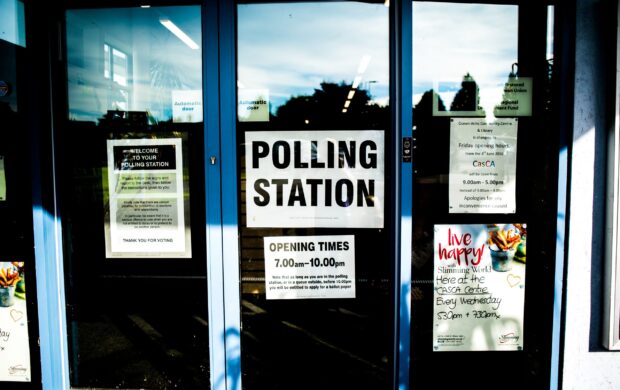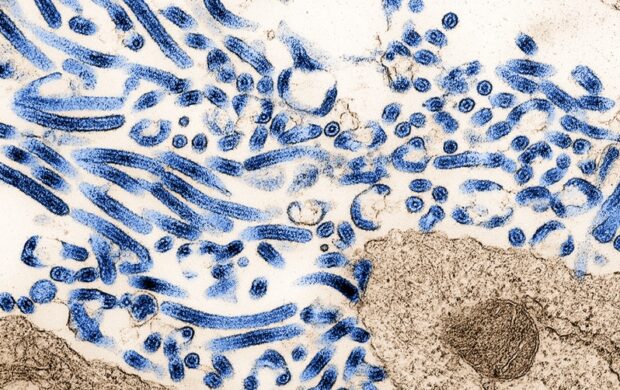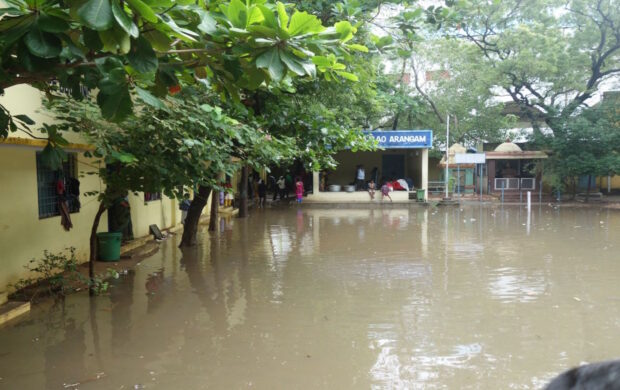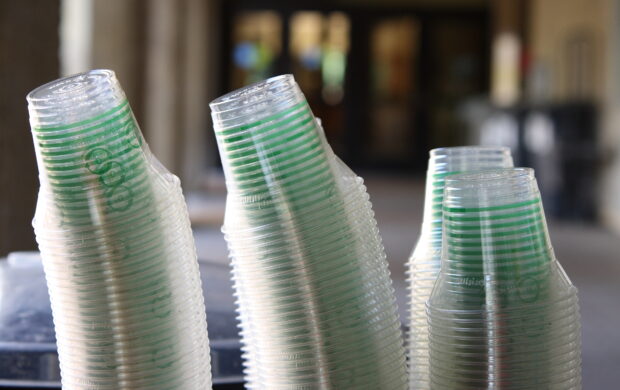EcoCast is a new mapping tool available to fishery managers and fishing fleets on the west coast of the United States, which aims to help them limit bycatch. It was developed by researchers from institutions including Stanford, Old Dominion University and University of Maryland.
Real time data sets derived from satellites, fisheries observers and species tracking are integrated to pinpoint ideal fishing areas on a daily basis. This enables dynamic predictions that can be used to enhance fishing economics by maximizing target fish catch, while reducing bycatch.
According to the EcoCast website, “Each day the EcoCast tool generates predictions of the spatial distributions of important migratory species, including those targeted for catch by fishers (swordfish) and those that may be unintentionally captured during commercial fishing activities (bycatch). Each distribution is then weighted, based on prevailing management strategies, to produce the Ecocast Map product.”














